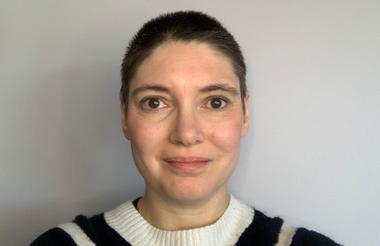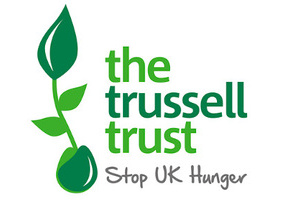Helen Barnard has been associate director of anti-poverty charity the Joseph Rowntree Foundation (JRF) since last summer.
Like many charities, the foundation has been vocal in its campaigning in recent months, calling on the government to uprate benefits in line with inflation to help those on the lowest incomes during the cost-of-living crisis.
Activity such as this led Charity Commission chair Orlando Fraser to urge charities to campaign with “tolerance and kindness”, a suggestion many have disagreed with, in a recent speech.
But speaking to Civil Society News before Fraser’s latest intervention, Barnard says charities’ politically engagement is nothing new.
‘It’s part of a charity’s mission to bring about social change’
On being asked why charities seem more political in their campaigning, Barnard says she is not convinced they are.
“It’s part of a charity’s mission to bring about social change and it always has been. Charities have never just stuck to their knitting, they’ve also talked about why people need more jumpers.”
More charities have been moving into that “solution space” rather than just offering insight on their experiences with beneficiaries, she says.
Charities are saying what businesses and the state can do to help, or solve problems.
If they did not do that they could “rightly be criticised for discussing problems and not offering solutions”, Barnard explains.
‘Anger’s important’
However, she stresses how important it is for charities to remain politically independent and neutral.
“There is a tendency for people to view those they disagree with as evil, intentionally causing harm or acting in bad faith. I think it’s really important to stay away from that as a charity.”
She acknowledges this is challenging, as people who work for charity often see suffering first hand and feel angry because of it.
“Anger’s important. Any big social change in the last 200 years wouldn’t have happened without people being angry about it – slavery, women’s rights, tackling racism. You need people to be angry.”
Barnard was once told she was “too nuanced” to be on Question Time, and it is easy to see why. She is balanced and measured in her approach to questions, taking time to be conscious of each side of the debate.
“I think it’s important for people to temper that anger with the understanding that there are people of good faith, good heart and good intentions across all sides of the political debate. If you want to create change you need to create allies across a wide sector of people. You might vehemently disagree with people on one thing, but agree with them on another. And I think that’s how you create real change and I also think that’s how we halt this drift towards polarisation.”
Government can learn from charities
She thinks it is legitimate, therefore, for JRF to criticise outgoing prime minister Liz Truss for not uprating benefits in line with inflation – a commitment Rishi Sunak pledged during his leadership debate.
“It’s going to be an incredibly harsh winter for people without additional support,” she says.
“When people are having to go to charity for the bare necessities of life, I think that shows something’s gone wrong and it’s not dignified.
“I think there are very few people who would think the kind of country I want to live in is where millions of people are having to skip meals and not have hot showers because they haven’t got enough money.”
Barnard emphasises that government can learn a lot from charities, as they are “very interconnected in communities” so can provide early insights into how things like policies are playing out in reality.
‘All actors in society must play a part in solving poverty’
Earlier this month at the Conservative Party conference, back bench MP Robin Millar told charities that government should be the “last resort” for alleviating poverty. Barnard only partly agrees.
“You can’t solve poverty without all actors in society. You can’t solve it unless you have government, businesses, civil society, individuals and communities playing their part. The idea it is government’s job alone to solve these problems is not right or practical.”
It is up to every facet of society to work together to create social change and solve poverty once and for all, she believes.
Barnard explains she fell into working for charity after a career in research, and wanted to feel like she was making people’s lives better.
“It’s a sense of purpose in a sense. For the good of my own mental health, I need to feel like I’m doing something that is making the world a better place.”
Related articles












